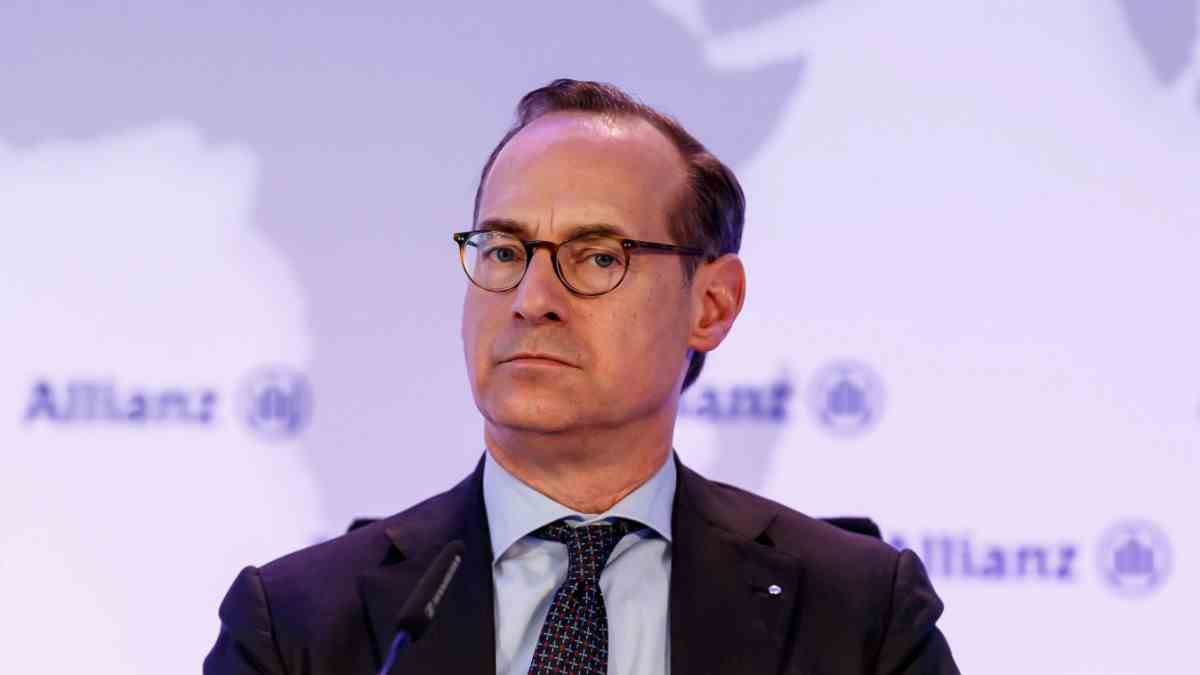Allianz has to pay around six billion dollars in damages and fines for the structured alpha scandal in the USA. But the loss of reputation weighs even more heavily. The subsidiary Allianz Global Investors (AGI) is no longer allowed to offer investment funds in the USA for ten years on the instructions of the authorities. Allianz’s reputation as a somewhat dull but rock-solid global insurer is faltering.
In such a situation, some companies take action. Managers have to go, sometimes even the bosses. Not so the Allianz under Oliver Bäte. Nobody is responsible here. Because apart from the three accused managers of the structured alpha funds, nobody in the entire group knew anything, the insurer emphasizes. My name is Bäte, I don’t know anything.
That sounded very different two years ago. In July 2020, when the Arkansas teachers’ pension fund reclaimed $774 million from Allianz that it had lost with Structured Alpha, the Munich-based company reacted clearly: the lawsuit was “untrue and without foundation”. And further: “Our own analysis has shown that the portfolio has at all times been managed in accordance with its alpha objectives and in accordance with its design.” Allianz now admits that the subsidiary AGI has broken the law on many occasions, deceived and defrauded investors. One wonders who at Allianz two years ago examined what and how in “our own analysis”.
As long as the profits are bubbling up, nobody would rather take a close look
The group had allegedly made a particularly well-secured offer to large investors in the USA, and pension funds were happy to accept it. Because Structured Alpha was sold with the good reputation of the insurer. The risk is monitored by Allianz, which stands behind them “like a super cop” and checks everything, the fund managers claimed. In fact, the risks were far greater than investors believed, in fact they were receiving falsified records of the fund’s condition. When stock markets hit turbulence in early 2020, the funds lost $7 billion.
As long as Allianz itself made decent profits with Structured Alpha, no one took a closer look. Because the group, which is actually supposed to hedge the existential risks of its customers, now has one goal above all: to keep the course up through high dividends and share buybacks and thus to satisfy investors. The high profits from Structured Alpha helped here. Allianz management also benefits from this because they receive part of their compensation in the form of stock options.
That’s why Bäte and the Allianz board of directors are very likely to get away with the claim that they didn’t know anything. None of the big investors question why this is so, why Allianz Global Investors has been able to trick and cheat unhindered for years. The high dividends are just too tempting.
But the alliance must draw conclusions. It’s not enough that Jacqueline Hunt, the board member responsible for the division, left the company in September. The alliance emphasized at the time that their withdrawal had nothing to do with Structured Alpha. The fact is that there have been no real personal consequences so far. And with that, the insurer is sending a strange message to employees, customers and authorities: We may have messed things up, but it’s actually not our fault.
So how does the board actually lead the company? Apparently without any sensible internal control systems. And that doesn’t just apply to Structured Alpha. In 2020, Allianz acknowledged two other fraud allegations from regulators in Australia and Bermuda. Although they are significantly smaller, the fact remains that Allianz had to admit that there had been lies and cheating.
Of course it doesn’t always go that way. At some point the good reputation will be gone. Then you won’t be surprised anymore about the next alliance scandal. And about the assertion that again nobody in the leadership is responsible. But then nobody talks about “rock solid” anymore.

